Information
- Regular Member
- December 21, 2025
- Member since January 22, 2018
- 612 friends
- 15 likes, 49,961 views, 0/5
User's Compliments
9 Compliments

4

2

1

2
224 People Like This
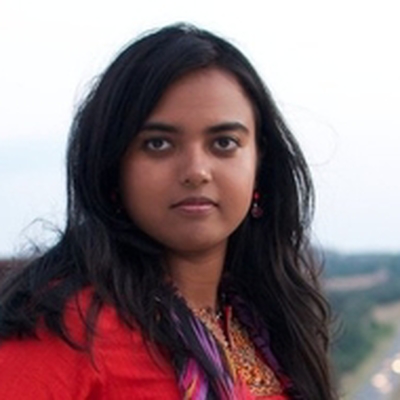
- Updates
- Compliments(9)
- Friends(612)
- Followers(332)
- Following(3)
- Info
-
More +
- Albums (12)
- Blogs (48)
- Classifieds (19)
- Links (555)
- Groups (2)
- Forum Posts (29)
- Polls (1)
- Videos (48)
Updates
-
Fatima Ahmed posted a new video:C Programming Tutorial for BeginnersThis tutorial introduces you to C programming language by covering the basics. Using headphones throughout the video is recommended. Watch the video in HD. I...
Compliments
-
 Thank You
Thank You06-17-2022
"so much helpful :D "
-
 Thank You
Thank You07-04-2020
""
-
 Happy
Happy02-18-2020
"sister how are you.at first i am sorry to that i have not been able to write about project for so long.but now i want to do regular work.but the upload system looks a lot more complicated."
-
 Beautiful
Beautiful09-12-2019
"very pretty women and almost natural face cutting...."
-
 Cool
Cool07-01-2019
""
-
 Beautiful
Beautiful03-03-2019
"Api pls accept my request"
-
 Beautiful
Beautiful12-08-2018
"I want to write article on something. Kindly reply me "
-
 Cool
Cool11-23-2018
"hi"
-
 Beautiful
Beautiful06-02-2018
"hi there.... i am very new member. i dont know how to work and get paid. can you please tell me the working process? "
Friends
Followers
Info
Personal Information
- First Name Fatima
- Last Name Ahmed
- Gender Female
- Hometown Dhaka, Bangladesh
- Country United States
- Career Interests Technology, Science, Literature and Art, Education and Society, Business, Agriculture
- University Texas A&M University
- High School or College Maple Leaf International School
- Major IT
- Interests Technology
- Facebook https://www.facebook.com/ahmeddhaka/
Personal Details
-
About Me
My favorite quote:
'We are not human beings having a spiritual experience. We are spiritual beings having a human experience.'
Albums
-
Forum Phot
os 106 photos -
Winners 1 photo
-
Our Contri
butors and 3 photos their Lif e! -
Classified
Photos 155 photos -
Picture Ri
ddle Conti 1 photonues.. -
What is th
e picture 2 photoschallenge? -
Contributo
rs 4 photos -
Blog Photo
s 193 photos
Blogs
-
Posted August 14, 2025
Chapter 1: Numbers Hi all, Please go through the following steps to complete the first chapter of Edexcel IGCSE Math B. The first chapter is called Numbers. The best way to complete this chapter is to do it with an instr...
-
UNIT 1: Principles of Chemistry
Posted August 14, 2025
UNIT 1: Principles of Chemistry Hi all, The first unit you need to do in Edexcel IGCSE Chemistry is called Principles of Chemistry. To complete this unit and its past papers, please follow the steps below. The best way to do these units an...
-
Posted November 14, 2024
CHAPTER 1: FORCES AND MOTION Hi all, Please do the following steps to complete this chapter. STEP 1: Please watch the following videos from Chapter 1: Forces and Motion. After watching each video, you will be asked some quizze...
-
Posted September 21, 2023
The Adventure Write a story (true or fiction) with a title "A Great Adventure". If you want to work on this English writing project, please do the following: 1) Accept this project by clicking on the 'Accept Project' button on this page. ...
-
Posted June 19, 2023
Describe the object that matters the most to you. If you want to work on this English writing project, please do the following: 1) Accept this project by clicking on the 'Accept Project' button on this page. Click here to see a vid...
-
April 19, 2022The Simple Loudspeaker - $12 Physics Quiz The following diagram shows the construction of a simple loudspeaker. A coil of wire is wrapped around a...
-
November 9, 2021The Journey of the Ladybug I have black dots on my red body. The shape of my body is round or half-sphered. I have six short legs and antennae. You may not know this, bu...
-
July 29, 2021Games R' Us Giraffes - $7 Mathematics Quiz David’s project deadline was approaching soon. That day, he was still sitting at his desk after office hours and was sti...
-
July 26, 2021Mithy’s Sweet Room Cupcakes - $7 Business Studies Quiz ‘Sweet room’ is an online shop that sells amazing cupcakes to people all around Dhaka. The owner...
-
July 11, 2021The weird music of Sarah and Ali - $5 Physics quiz Along with her musical team band, Sarah wants to become a famous and worldwide selling artist. She is incredibly passi...
Links
Groups
-
1 memberPlease join this group if you are interested to get free tutoring help for your O'Level exams in Physics, Chemistry and Math B. We help with the Edexcel curriculum, but our videos, notes, and exams can help students from other boards too! Thanks.
-
236 membersThis is the group where anyone can post questions about Coolinventor. For example, how to use the site, earn money, etc. We are the admins of this site, so we are here to help you. Please contact us for any questions.
Forum Posts
-
August 15, 2025 9:45 AM PDTin the topic Edexcel IGCSE Math B contents in the forum Math BHi all, In the following link, you will see the first chapter of Edexcel IGCSE Math B. It is called Chapter 1: Numbers. There are 10 chapters to complete in this math course. Please click on the following link to see the first chapter. If you need any help understanding any topic, doing any tests or exams, marking and grading your work, then please contact us. Our instructors are willing to help you with your studies, track your progress, mark and grade your papers all for free. The best way to complete these chapters is to do it with an instructor. Please e-mail us at coolinventor16@yahoo.com to contact an instructor. Here is the link to attempt the first chapter: Chapter 1: Numbers If you want to do more chapters or need help, please contact us at coolinventor16@yahoo.com. Thank you! This post was edited by Fatima Ahmed at August 15, 2025 9:45 AM PDT
-
August 13, 2025 2:25 PM PDTin the topic IGCSE Chemistry Contents in the forum ChemistryIn the following link, you will see Unit 1 of the Edexcel IGCSE Chemistry chapter. There are 4 units to complete in this Chemistry course. The best way to do these units is to contact an instructor who can better guide you through this learning process. All the instructor services like tutoring, checking your work, tracking your progress, or marking and grading are all free. Please e-mail at coolinventor16@yahoo.com if you want to get in touch with an instructor. Or you can also do these units on your own. Just let us know if you need any help along the way. Click on the following link to try the first unit: Unit 1 If you want to do more units (there are 4 units to complete), please contact us at coolinventor16@yahoo.com and we will send you the contents for the rest of the units. Thank you! This post was edited by Fatima Ahmed at August 13, 2025 2:25 PM PDT
-
December 7, 2022 10:42 AM PSTin the topic Toughest O'Level physics questions from Noorjahan in the forum October, 2022Here are some of the toughest O'Level Physics questions compiled by Noorjahan. If you are planning to take IGCSE or O'Level physics exam soon, please give these a try! Click here to see all the questions. There are 40 of them! Here is a quick sample of the first 3 questions to give you an idea! Noorjahan will be posting the answers to these questions soon. So please stay tuned! This post was edited by Fatima Ahmed at December 7, 2022 10:42 AM PST
-
October 29, 2022 10:17 AM PDTin the topic Noorjahan's Blog in the forum October, 2022This blog was written by our member Noorjahan about O'level students experience in Bangladesh. ----------------------------------------------------------------------------------------------------------------- Study of maths and physics in our English medium schools: are they up to the mark? A reputable English-medium school in Dhaka charges an average tuition fee of roughly Tk 20,000 for O level, and an average admission fee of Tk 80,000. Accordingly, parents give an average of Tk 155,000 per year for a child, when simply the monthly tuition charge is added. That is a straightforward way of looking at the cost. Then there is the customary after-school coaching, a few more extraneous costs inside the school, and the exorbitant cost of O level and A level exams. Now, in lieu of this heavy burden of cost, are students getting proper education, especially in the fields of mathematics and physics, two significant subjects relevant to the improvement of the cognitive capacity of the students? Sadly enough, the students are in doubt, and they share several bottlenecks. English-medium schools, which are primarily private schools, have seen a noticeable increase in number in Bangladesh during the past few decades. The most well-known international credentials in Bangladesh are O level/IGCSE and A level diplomas from the UK. There are four curriculums in English Medium education system as Cambridge Assessment International Education (CAIE), Pearson Edexcel, Oxford International AQA and International Baccalaureate (IB). Among these four, the first two are more famous and recognised in Bangladesh. In these internationally accepted curricula, study of core science subjects, i.e., physics, mathematics etc. are very much methodical and well organized. In the syllabus, the up-to-date information are included, and the study materials are also keeping abreast of the time by the publishers. Moreover, the assessments are more prone to the applied knowledge of the subject and in many instances, application-oriented, case-based, open-ended questions are set for the evaluation of the pupil. Considering these, this much can certainly be understood that the contents or subject matters that are being taught in the English medium curriculum are always up to date. Now, on the downside, the faculties or instructors that are engaged in the relevant educational institutions, lack in required quality, in many cases, as claimed by the students and concerned guardians. The situation is more disheartening in the suburban areas, as these regions are slightly underprivileged compared to the divisional cities. First, and the most common complain per se, some of the faculties are not well conversant at par in delivering lectures in an interesting way in English. Both physics and mathematics require extensive depth of understanding to have a complete grasp on the subject. Therefore, the instructors need to be not only good at the subject matter but also should possess a very good command of the language, splendid oratory capacity and adequate presentation skills overall. Second, teachers lack in sufficient knowledge to teach the updated contents, although this complain seemed to be justified in very few cases, not many. This happens when the teacher has completed a very conventional path of education in a pure Bengali medium environment and has never been groomed altogether. Lastly, in several cases, the institution has not got required amenities, apparatus in the in-house laboratories etc. This creates a bottleneck and restricts the students from the hands-on experience of different scientific methods, calculations etc. As the institutions are charging the guardians heavily for the quality education of their children, they reserve all rights to ask for the proper arrangements in the laboratories, and the institutions should obey and address the urge. In my personal experience from tutoring a good number of English medium students in Bangladesh, I have seen and perceived their struggles and sufferings from several issues. First, people can understand anything the best in their native language. Now the institutions are very strict about the language and no Bengali is tolerated in classes. This constricts the horizon of the understanding and squeezes the thirst of knowledge among students, since many of them do not use English in their daily lives, despite their parents trying hard to give them an English-all environment. Second, I have faced students with difficulties in understanding the examples used in various problems, only because the examples given are not relevant at all in our country context. For example, a mathematics problem, talking about a certain frequency of ringing of a pagoda-bell, is difficult for a student to understand, since that type of large bell is very rare in our country and not regularly seen. Similarly, a ‘grandfather clock’ can hardly be understood by a student in Bangladesh, only because s/he is not used to watching this at home. These types of unfamiliar examples make the lives of the students difficult, which has nothing to do with their mathematical understanding at all. Third, students in Bangladesh tend to have less practical exposure and the institutions also lack in facilities, such as, industry attachment, field visits etc. For this, their knowledge remains mostly bookish that hinders them from developing a birds’-eye-view of a problem statement and ultimately shrinks their scope of applying the understanding of physics and mathematics in their future endeavours, i.e., job or business or even day-to-day life. Overall, the students of the English medium students of our country are facing inconvenience due to the lack of required facilities in their respective laboratories and incompetence of the faculties in delivery of the lectures and knowledge of the subject. However, cautious, and frequent monitoring as well as stringent evaluation criteria while giving approvals to new schools can improve the situation. Besides, willingness from the management bodies of the educational institutions is also necessary. This should also be noted that the cognitive capacity of all the students is never at the same level and hence segregating weaker pool to nurture them with care will certainly make the situation better-off. Nonetheless, students from all grades should also have relevant exposure to practical cases where they can utilize their knowledge from textbooks, which will not only make the subject matter interesting but also boost their thirst for knowledge.
-
August 24, 2022 10:00 PM PDTin the topic Syllabus in the forum O'level PhysicsAll Syllabus
Polls
-
Technology Contest PollPosted February 15, 2021Please choose the contestant whose idea you like the best! Winner of this poll will get $20. To see the entries of all the contestants, please click here: https://drive.google.com/file/d/1Sc2N_YgJHUSFnm71H9EBKUHDy3ZwEHUV/view?usp=sharing
Videos
-
Draconian Drones to Control the Population ... Coronavirus Spain. BBC Worldwide Promotes 'Story'.
By Fatima Ahmed3265 views
-
Ashiq Alam
By Fatima Ahmed4227 views
-
Breakthrough_Project.mp4
By Fatima Ahmed3699 views
-
Breakthrough_Project.mp4
By Fatima Ahmed3019 views
-
coolinventor signup.mp4
By Fatima Ahmed3902 views
-
Invention_Project.mp4
By Fatima Ahmed3457 views
-
Women Rights Coolinventor wiki Promo
By Fatima Ahmed2769 views
-
Coolinventor.com Contributor 2 Info
By Fatima Ahmed2992 views












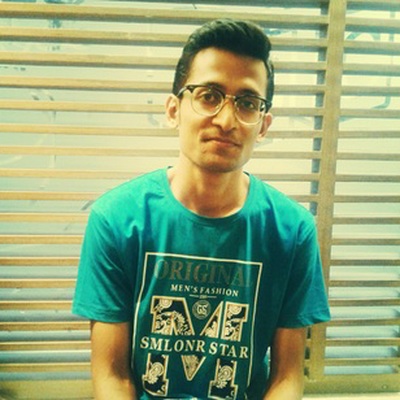

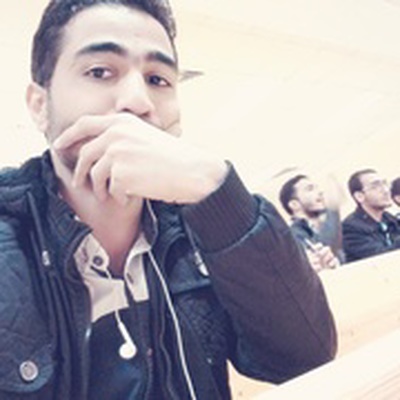


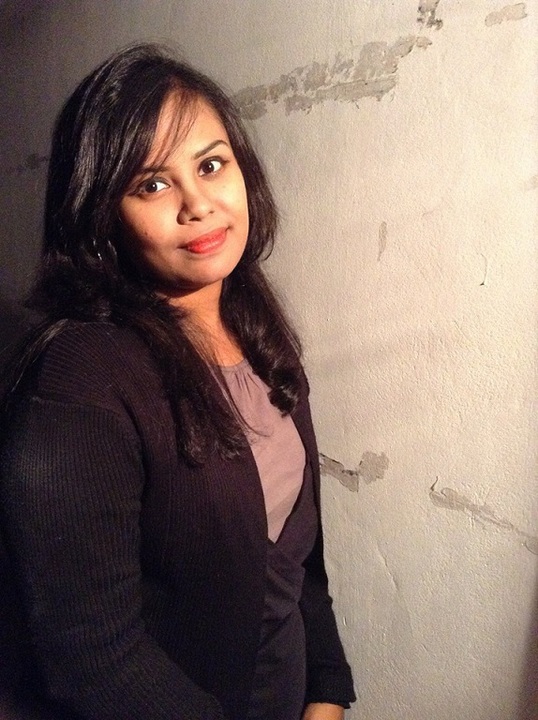





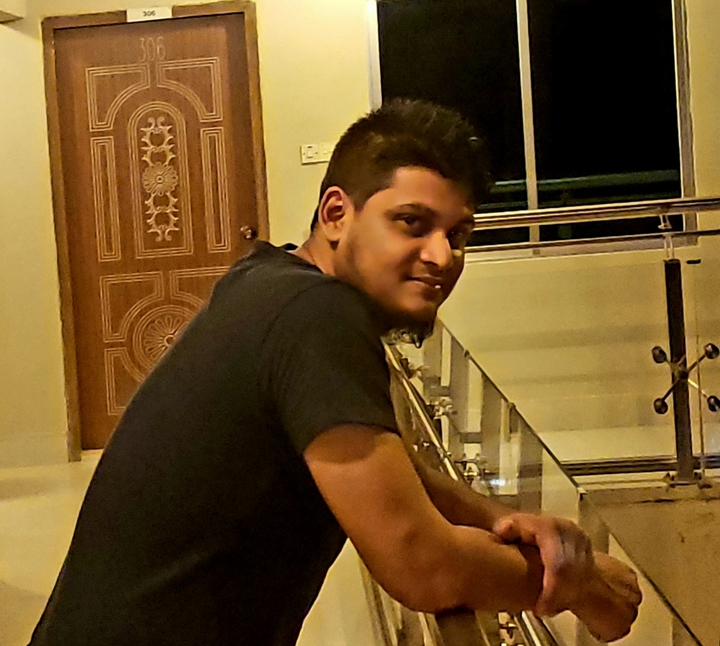

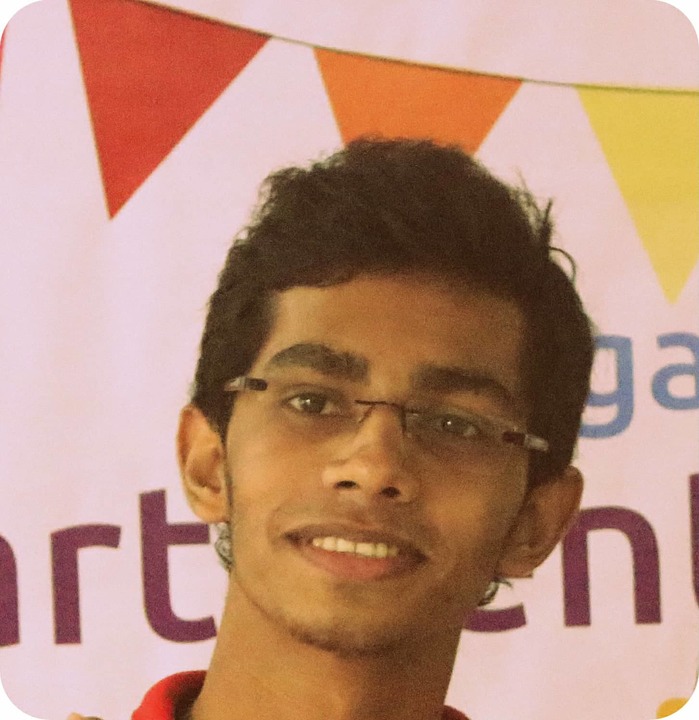







I liked the way you use to explain the basics of programming it's a good way to start for beginners like me to understand the way this coding works!
Things you can improve are, you English speaking, maybe the lessons... more